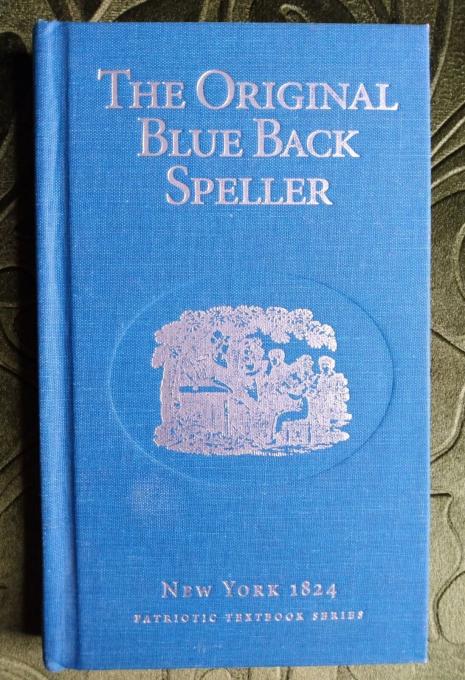Unerringly, Oscar Wilde pointed out in a short story, The Canterville Ghost (1887), that “we really have everything in common with America nowadays, except, of course, language”. George Bernard Shaw might have said that “England and America are two nations separated by the same language”, although Quote Investigator cannot find it directly expressed in either points out that the expression cannot be directly located in either his writings or interviews.
What is true is that over time English as used on either side of the Atlantic has bifurcated, most visibly in its grammatical construct, spelling, pronunciation, and definitions. The British have a preference to write to someone rather than write them, wear a vest under a shirt rather than over one, and glory in the sometimes illogical, abstruse, and absurd rules with which we have constrained ourselves in expressing our thoughts verbally and on paper.
There are many reasons why two variants of the same language have emerged, but a strong motivation on the American side was to grasp the opportunities presented to a newly independent country, liberated from the British yoke of oppression, a sentiment that sounds vaguely familiar. In linguistics, this spirit was epitomised by the Connecticut-born descendent of a Pilgrim settler in Plymouth, Noah Webster. “Now is the time, and this is the country”, he wrote in Dissertations on the English Language (1789), “let us then seize the present moment, and establish a national language, as well as a national government”.
A root and branch language reform would enable America to avoid many of the “corruptions” that bedevilled the language as used in Britain, such as regional dialects, affectation, or which reflected nostalgia for English manners and customs, or emphasised class divisions. It was an opportunity to avoid the deleterious effects of “superfluous ornament” in prose such as that exhibited by Edward Gibbon and Samuel Johnson, of the language of the British court and noblemen, and to swerve “the influence of men, learned in Greek and Latin, but ignorant of their own tongue”.
Webster had already laid the foundation stone for his linguistic revolution with the publication in 1783 of volume one of A Grammatical Institute of the English Language, better known as The American Spelling Book or, because of its distinctive binding, simply as The Blue-Backed Speller. It proved to be hugely influential, selling around 100 million copies between its publication and the early 1900s. It cleverly used American heroes and writers to create national symbols around whom the country could be galvanised.
What was truly revolutionary about Webster’s approach to language was his determination to simplify some of the more exasperating features of the English Language. For example, the tetragraph -ough has at least nine distinct form of pronunciation with no discernible patterns for choosing between them and the logic behind the pronunciation of Worcester and Gloucester is hard to explain, especially to someone who has just visited Cirencester. This was a particularly appealing idea for a country that, during the 19th century, received waves of migrants from central and southern Europe for whom English was not their native tongue. Webster’s approach was to adopt more phonetic or simplified spellings, preferring plow over plough, eliminating many of the silent letters that peppered the English language, so that, for example, -our in honour became -or, and reversing the ending -re so that centre became center. That is not to say that he invented these spellings; rather he often chose between existing variants. However, he was the first to adopt a rigid and determined approach to the establishment of a spelling convention based on simplicity, analogy, and etymology.
This post first appeared on Windowthroughtime | A Wry View Of Life For The World-weary, please read the originial post: here

